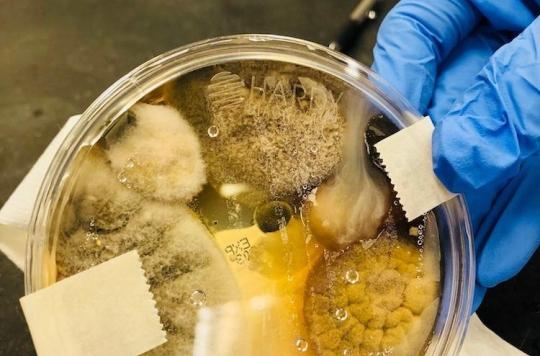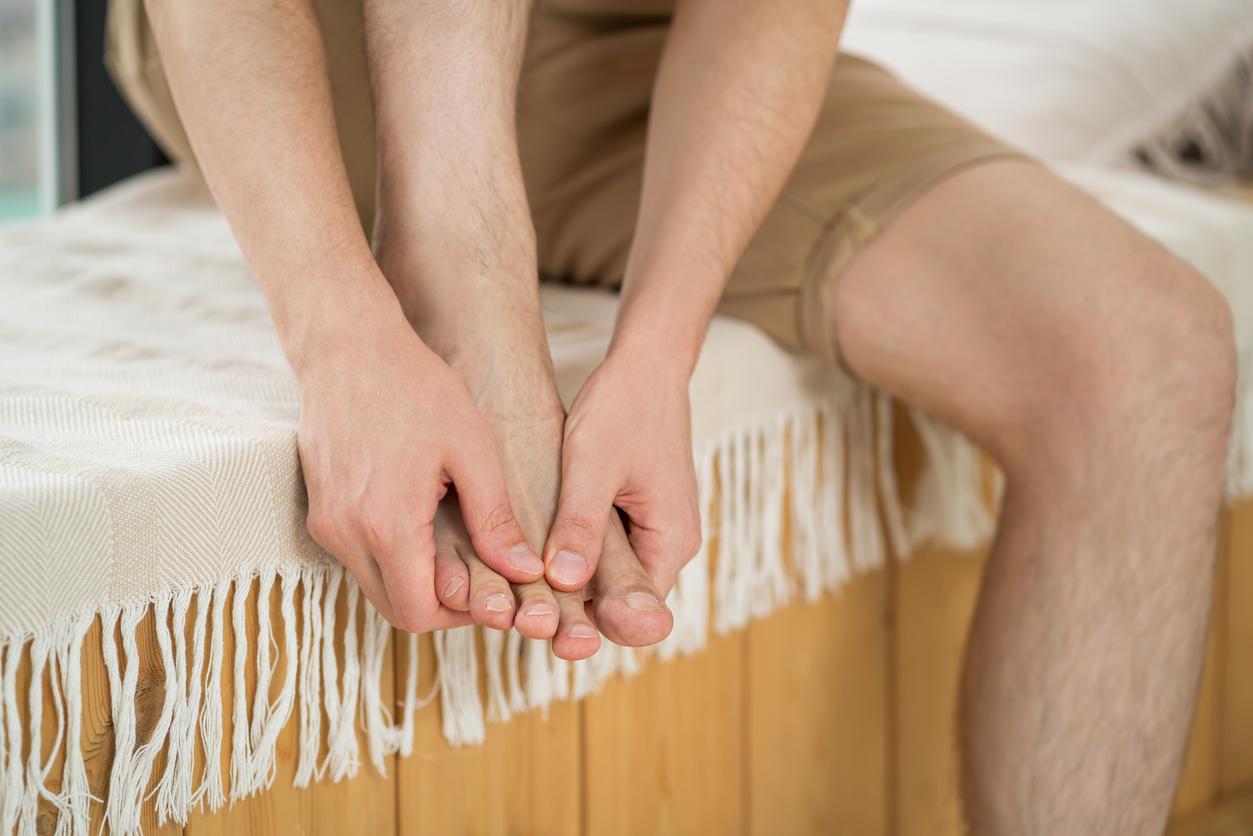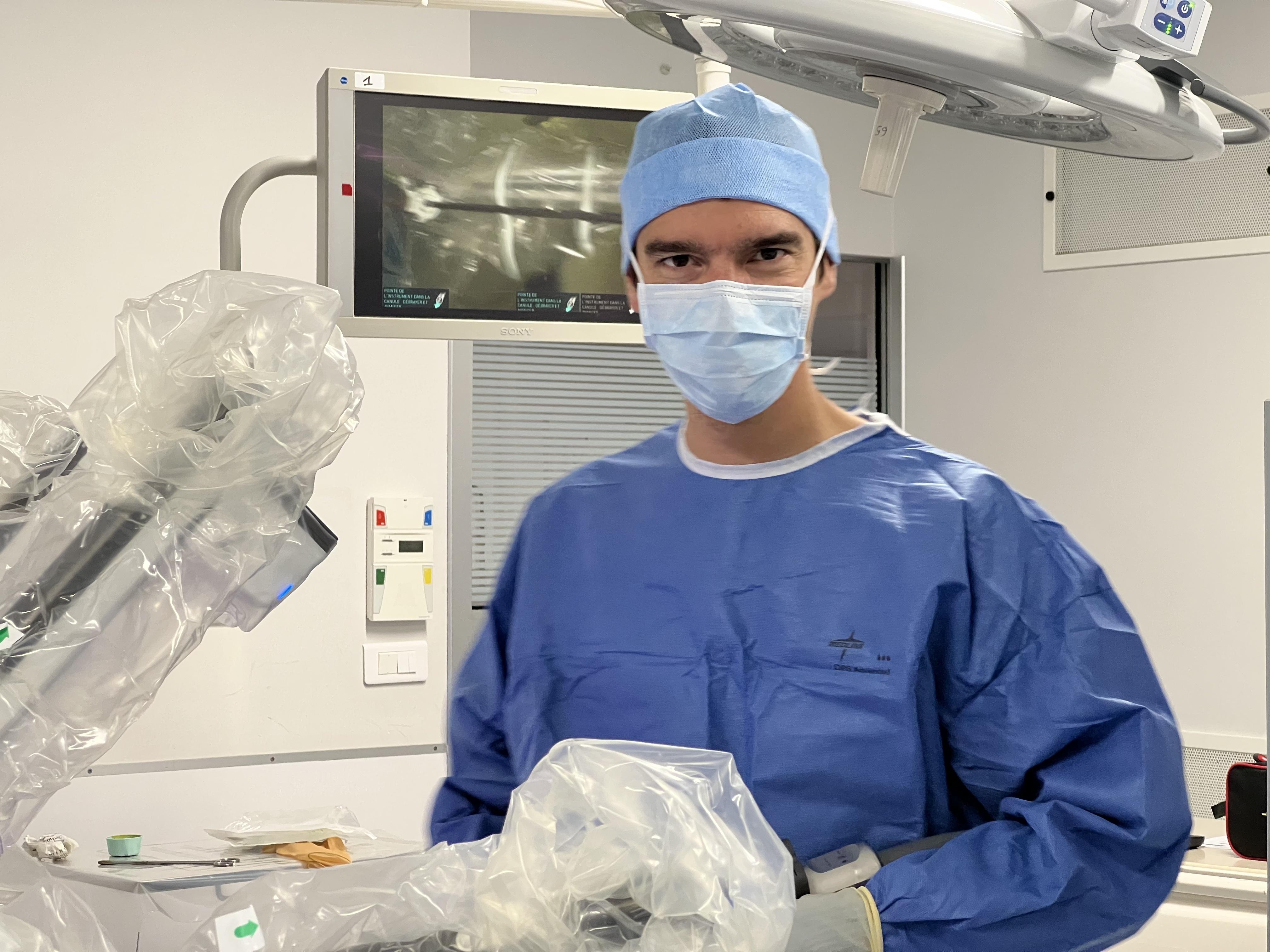Her name is Nichole Ward, a Californian scientist, who for fun, took for three minutes, using a cotton swab, the microbes that could possibly reside inside an electric hand dryer. Then the sample was cultured, in what are called Petri dishes, which, in all the biology laboratories in the world, serve as a medium for the multiplication of microbes … A few days later: horror! Dry hands are nests for germs. The photo posted by the Californian went around the world.

Dirty hands are a breeding ground for germs and a real hygiene problem that worries doctors. If you don’t wash your hands enough every day, you don’t know how to dry them well either. Explanations: Washing your hands when leaving the toilet is not yet a majority reflex among the French. However, in most toilets in public places, there is everything to do it well. Once the hands are washed, the hygiene sequence does not stop there: they must be dried. With 4 possibilities of which only 2 are satisfactory for specialists in microbes.
We must avoid the solutions available to you. The towel is a nest of germs, like most unwinders, arguably a little less contaminating but often questionable. The dryer that you put your hands in, another method presented as resolutely modern, is in fact, according to recent research, a veritable trap for germs, warmed up every time you turn it on.
There remain two very acceptable methods: the paper towel, provided you throw it away after use, or the open air, which is the best solution, but the longer and sometimes the less pleasant when it is cold. This gives reason to the dryers where the hands remain outside, these accelerators of the method of drying in the open air.
Hands, our main working tool
The hands are our main tool and therefore the most exposed to the germs around us. Washing your hands is simple and effective. However, contrary to what one might think, all the efforts of the teachers of the Third Republic did not make it a natural reflex. Far from it, since today, one in two children does not care. Moreover, they are not the only ones in the world, since we also organized the Global Handwashing Day.
Even if it makes you smile a little and we often forget to mention it, the biggest progress in terms of life gain in the 20th century was thanks to the appearance of everyday hygiene. And especially the hands… Because we do a lot of things with our hands, and they are never far from the mouth.
50% fewer illnesses
By washing with soap regularly, the infant morbidity rate from diarrheal disease and pneumonia can be halved. This represents thousands of lives saved… And this does not only concern emerging countries… The winter viruses will remember the dirty hands of our country.
Once, the schoolboy knew that the sesame of the class was impeccable palms, raised to the gaze of the master. This is no longer the case. Ask the little ones today if this is part of their daily life, they will shrug their shoulders and laugh. However, the French are unanimous: 96% want their hands to be clean, especially women and the elderly. Between the ages of 15 and 19, only one in two finds the matter important.
No need to give in to the fashion for expensive soaps
You have to wash your hands with liquid soap or in a large block like that of Marseille, whatever the means, as long as it is done.
And it is perhaps useful to recall the ideal quick method: we wet our hands; we pour a little liquid soap into the hollow then we rub them for at least 20 seconds by intertwining them to clean between the fingers. Think of the nails, we rinse under water and dry with a disposable hand towel that we throw away after wiping the tap with it. Almost no one does this when it is important.
Daily
You have to roll up your sleeves and wash your hands each time you perform actions that are said to be “at risk” such as blowing your nose, scratching your head, after using a public telephone, when you come home. ‘school, the office, before handling food, and of course when leaving the toilet.
.

















